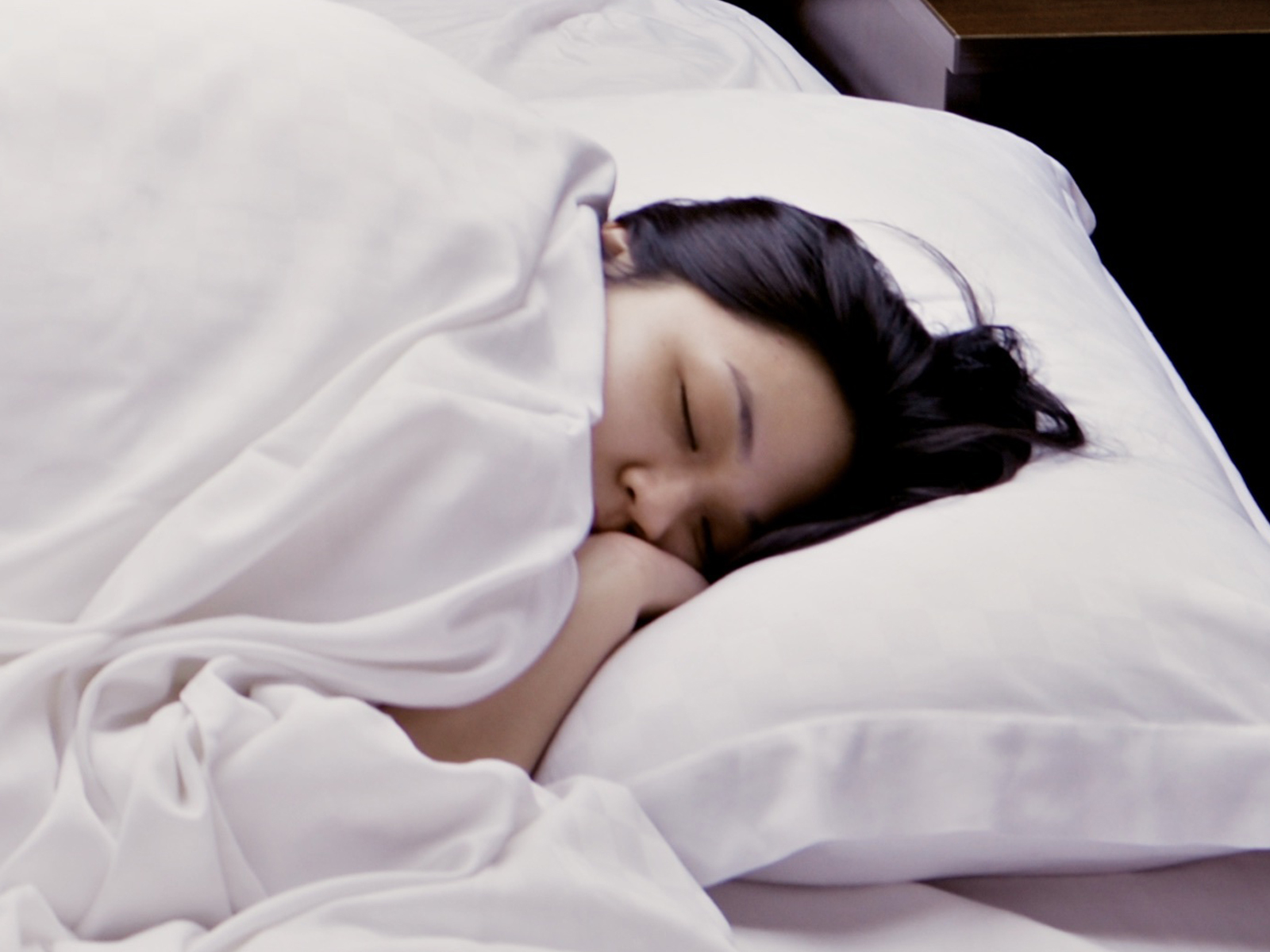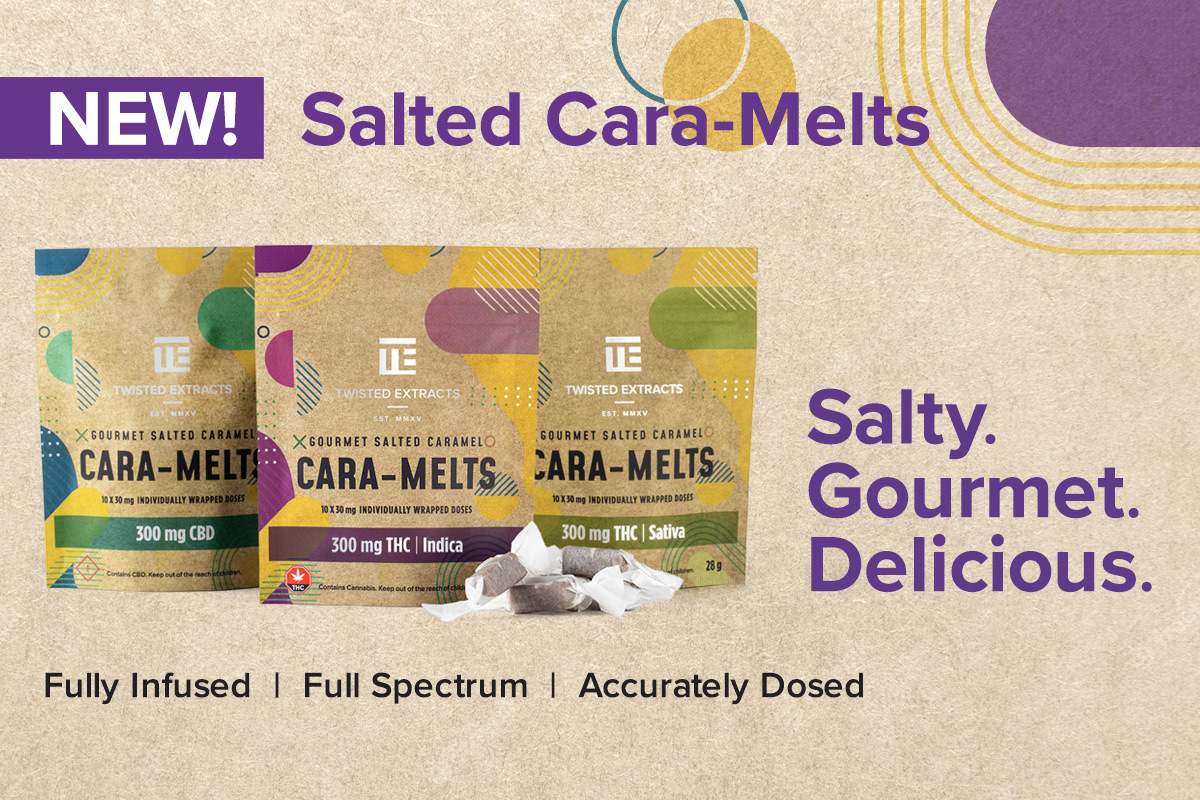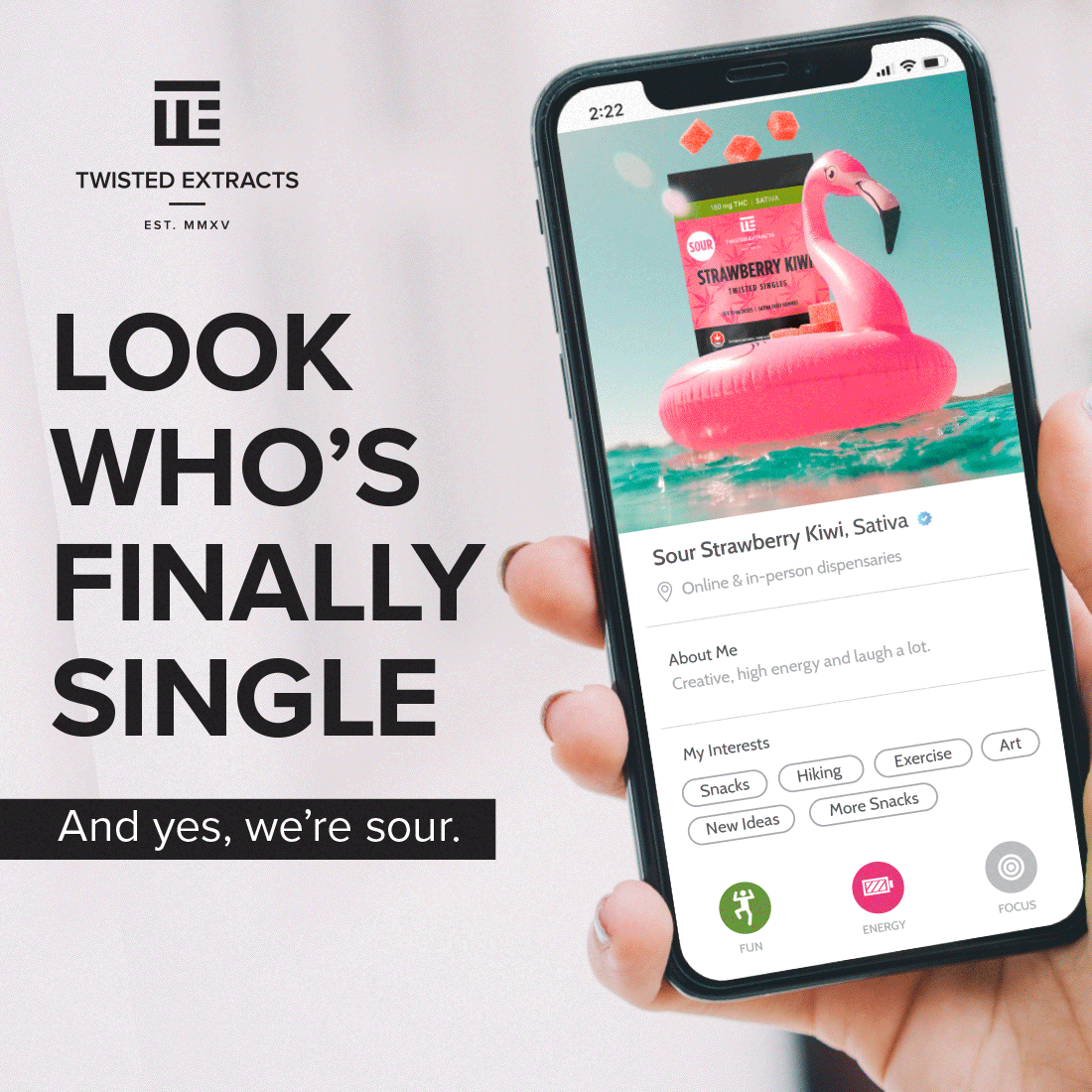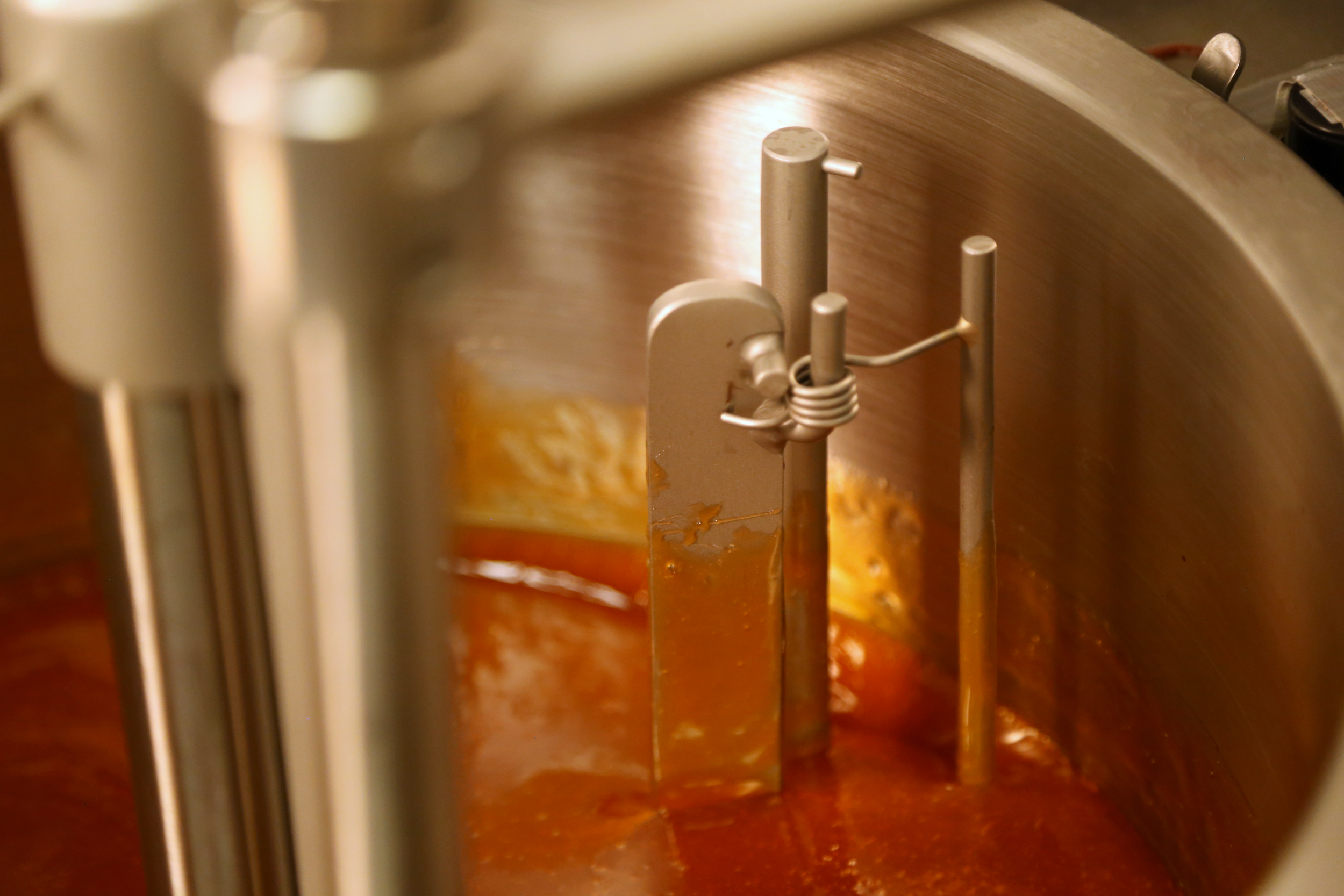
Netflix and weed.
Picking the right product is key when using cannabis for relaxation.
Chill out! Paranoia. These opposites are the essence of cannabis for many people. For some getting high puts them on edge. For others it mellows them out or even puts them to sleep. Now science is starting to catch up to the stereotypes to show that cannabis can be a powerful relaxant and sleep aid – as long as it’s the right strain.
That’s good news for a lot of Canadians. When Abacus Data polled 1,500 Canadians for Yahoo Canada 34 percent of men and 47 percent of women said they suffer from anxiety. About a third treat their anxiety with medication. In addition, Statistics Canada found 43 percent of men and 55 percent of women between 18 and 64 report trouble getting to sleep or staying sleep.
Plenty of people already use cannabis to relax: if we’re anything like our neighbours to the south. The number one reason American’s consume cannabis is for relaxation, according to a poll by Marist Poll and Yahoo News. Presumably more would if the evidence wasn’t contradictory and mostly performed on animals.
Carrie Cuttler, a research psychologist who has studied cannabis’s effects, summed up the consensus: “There is little research evidence on the effects of cannabis in treating anxiety or on the doses and strains that may be most beneficial.”
But recently a couple of new studies dug a little deeper. The most compelling comes from Washington State University. The researchers took a group of regular cannabis users and a group of non-users and split both in two. One half, cannabis users and non-users, took a laboratory test commonly used to measure anxiety, while the other half was subject to a non-stressful control test. The researchers measured the amount of cortisol in saliva immediately after testing both groups. Cortisol is the body’s main stress hormone.
“Despite abstaining from cannabis use on the day of testing,” the researchers found, “cannabis users exhibited no increase in salivary cortisol concentration in response to the stress manipulation compared to non-users.”
In other words the cannabis users stayed chill under pressure, even though they weren’t high.
Two other studies reviewed research on cannabis and sleep. They found it is promising as a short term aid for falling asleep, staying asleep and with treating things like sleep apnea.
“I’ve found cannabis to be a good sleep aid.” — Sherry Yafai
All those studies back up anecdotal evidence from users and doctors, like Sherry Yafai, who runs a cannabis focused clinic in Santa Monica. “I’ve found cannabis to be a good sleep aid,” she says. It can slow racing thoughts, numb pain, relax muscles and induce sleep. “But it has to be the right strain, right ratio, right dose, right mode of ingestion, for the right person for it to be effective.”

That’s the tricky thing about cannabis. “Because we get multiple medications out of it and how it reacts in an individuals body differs, there is no simple, one size fits all prescription,” she says. But, she says, most of her patients find cannabis more effective for managing stress and helping with sleep than more traditional, prescription alternatives. And there are, generally, fewer side effects.
How cannabis helps with anxiety and sleep remains a mystery. Research suggests cannabidiol (CBD), the most prominent non-intoxicating component of cannabis, may work similar to a serotonin reuptake inhibitor, like Prozac and Zoloft. Basically these drugs block serotonin absorption in the brain, leaving more of the feel good chemical available for boosting mood and reducing anxiety. In an animal study CBD enhanced serotonin transmission better than the drugs. THC, the psychoactive component of marijuana, can make people sleepy but other studies found it boosts alertness. These clashing side effects may be due to the approximately 100 other bioactive compounds commonly found in cannabis like terpenes and other cannabinoids.How they react in the body and with each other changes the effect. This niche remains mostly unstudied.
The science may be thin, but advice from users is rich in consensus. Of the two main types of cannabis, indica is most often linked to reducing anxiety and better sleep. Higher concentrations of THC tend to kick in a drowsy response, while CBD on its own is better for anxiety. Edibles last longer, but smoking yields faster effects.

“If it’s falling asleep I’d prescribe an edible a couple hours before bed time,” says Yafai, the cannabis doctor. “If it’s getting back to sleep after waking up in the middle of the night, smoking or vaping is going to work better because it takes effect faster.” For edibles she starts patients with five milligram doses and builds slowly from there.
Treating anxiety, helping with sleep or just relaxing in front of a movie, figuring out the ideal product and dose will likely require some trial and error. As always with cannabis the rule is low and slow: start with low doses and give them lots of time to take effect before taking more.
Did you like this article?
Sign up for our newsletter to make sure you're in the know about all of our new product releases, contests and more.





